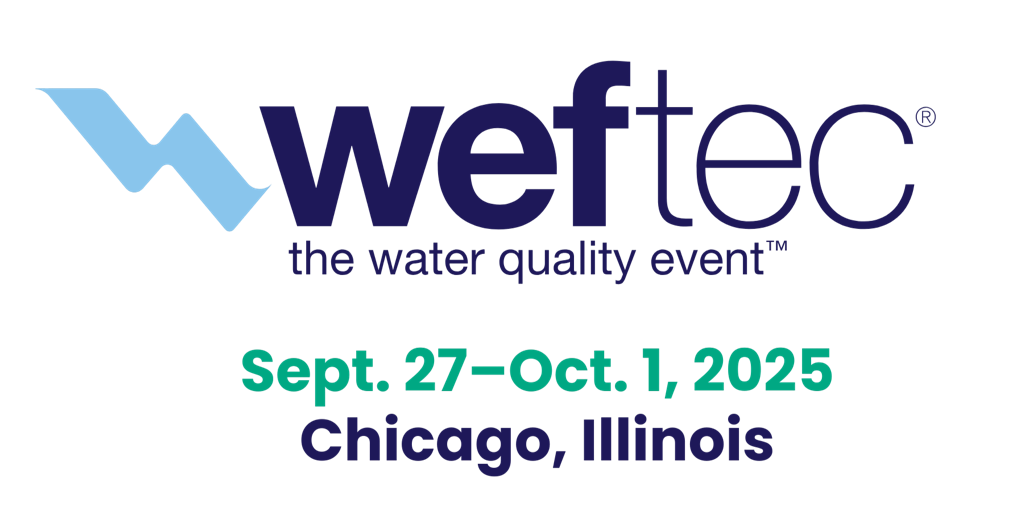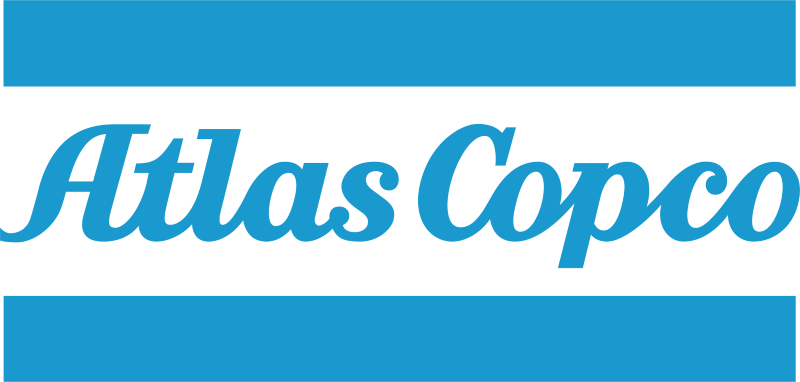Rauch-Williams Chosen as 2024 WEFTEC Master Lecturer
The Water Environment Federation (WEF; Alexandria, Virginia) and the Association of Environmental Engineering and Science Professors (AEESP; Washington, D.C.) are excited to announce that Tanja Rauch-Williams will be the 2024 WEFTEC® Master Lecturer.
Each year, WEF and AEESP select a prestigious researcher to deliver the Master Lecture. The focus of the lecture alternates each year between academic and practitioner achievements. Rauch-Williams will speak to the practitioner's experience.
“Tanja brings an impressive track record of driving innovation and implementing cutting-edge solutions in the water industry,” said Brown and Caldwell (Walnut Creek, California) process engineer and wastewater innovation leader Pusker Regmi, who served as chair of the selection group. “Her extensive experience as a practitioner and a dedicated volunteer for WEF gives her a unique perspective on our field’s challenges and opportunities.”
“Tanja's leadership in advancing resource recovery and her commitment to mentoring the next generation of water professionals make her an ideal choice for this prestigious lecture. I am confident her insights will inspire and educate our audience, and I look forward to the valuable knowledge she shares with us,” he said.
A Leader in Water Innovation
Rauch-Williams has built her career by driving technological advancements, finding new solutions, and making sure the implementation works. She is the Chief Innovation Officer (CIO) for Metro Water Recovery in Denver, a role she assumed in August 2023. Her CIO role is newly created, elevated from a director role, and engages directly with strategic discussion and decisions throughout Metro.
In the CIO role, Rauch-Williams leads Metro’s wastewater innovation efforts to identify emerging strategies, business opportunities, and promising technologies, to address regulatory pressures and other high-impact issues facing the organization. From a vision perspective, this includes looking to the future and predicting trends and community needs. When it comes to implementation, she and her team engage with regulators, operators, engineers, environmentalists, and others to find effective ways forward.
Blending Technology and People
Rauch-William’s innovation work requires working with both technology and people — a push and pull that demands continual adaptation.
“My perspective on this changed a lot over the years,” she said. “I started out as a process engineer, and so the solutions I worked on were technical in nature. … In my role now, I work more on the people side managing our department and collaboration with other departments.”
“There is no innovation without the people part,” she continued. “You can have all the right answers, but there is not just one isolated solution for all. Technical solutions need to fit within our organization and the historical and future context of our organization.”
She described the value of working with people from across the organization and seeking to understand perspectives.
“I think it's interesting to just understand where others are coming from, what their concerns are,” she said. “That's where you have to pick people up, listen, and really sort through the issues together one by one to shape ideas and create consensus.”
Understanding and embracing this complexity is what brings the technical and human together, she said.
Building Collaboration
She hopes to bring these lessons about effective management to her WEFTEC lecture — focusing on ways to foster better collaboration and understanding among people working in different areas, from student to educator to engineer to utility personnel. She described that she plans to weave that together with technologies she has worked on during most of her career that are driving regulations toward sustainability and energy recovery.
“I just still need to think a little bit about how to put this together in one motto,” Rauch-Williams said. “That creative process will happen, but it needs a little bit of time.”
Beyond the Lecture
Beyond her lecture, Rauch-Williams shared what she hopes to achieve at WEFTEC. She will be actively involved throughout the conference, leading workshops, engaging with other sector leaders, and supporting her team.
This includes, for example, assisting newer engineers from Metro who will be onsite and speaking.
“Making introductions and supporting them with their presentations will be important,” she said. She wants to help them “get a strong footing and start networking and feel comfortable in an arena like that,” Rauch-Williams described.
She also will serve as vice chair of Workshop 6: Aeration Control for Practitioners: Advanced Control and Optimization Techniques for Aeration, Process, and Energy.
“And then I go to as many sessions as I can,” she said. “I usually hit the most important sessions first at conferences that are relevant for Metro's perspective on technologies.”
She also plans to explore the exhibition, hoping to learn more about the newest development of technologies with the potential to change the way Metro operates.
“I like to ask other people first: What do I need to see and what stands out and is new?” she said. “The Innovation Pavilion is one good starting location to get that overview.”
Her participation underscores the collaborative spirit of WEFTEC, where knowledge exchange and networking pave the way for future advancements in the water sector.
Join Us at WEFTEC 2024
Rauch-Williams’ WEF/AEESP Master Lecture will take place Monday, October 7 at 1:30 p.m. CT. It promises to be a WEFTEC highlight, offering attendees valuable insights and inspiration. Whether you are an academic, a practitioner, or a student, this is your chance to learn from the best and be part of the conversation shaping the future of water.
WEFTEC's Spark Ignites Continuous Action
Join WEF as a member to amplify the water sector's story, grow our community, and lead the transformation to a circular water economy.
Your journey with water quality excellence continues here.






